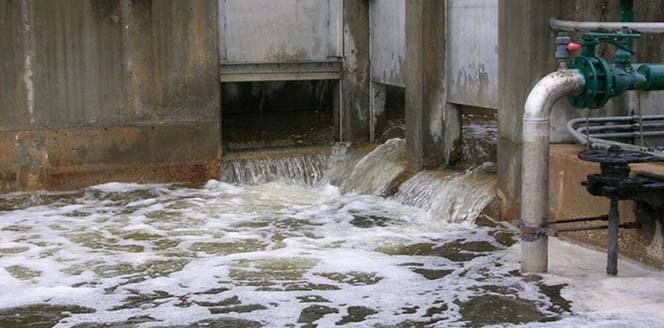Waste water, both domestic and industrial as well may be recycled for further use to reduces reliance on increasingly scarce and expensive surface water. It can also minimize groundwater overdraft and reduce discharges of treated wastewater into rivers and oceans.
Waste water reuse and recycling is the process by which wastewater produced from one source is treated to be reused in the same process or recycled for another. Various methods for recycling or reusing waste water are available, depending on water quality requirements, space constraints, and budgetary considerations. Benefits can include the reduction of freshwater costs, wastewater flows, and the size of your water footprint. Operational efficiency and sustainability can also be increased along with improved production capacity due to the increase in available clean water.
Recycled water is used as an alternative for a wide variety of non-potable and potable uses (treated drinking water for consumption). Non-potable uses include:
